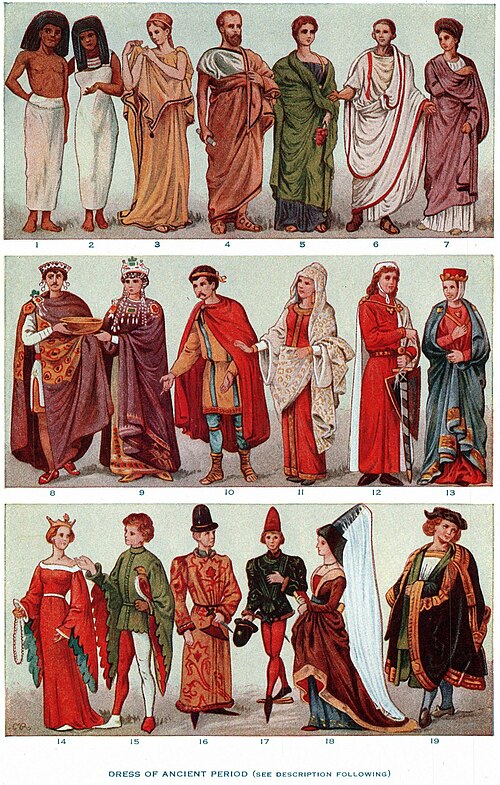Simpleadjective
Uncomplicated; taken by itself, with nothing added.
Simpleadjective
Without ornamentation; plain.
Simpleadjective
Free from duplicity; guileless, innocent, straightforward.
Simpleadjective
Undistinguished in social condition; of no special rank.
Simpleadjective
Trivial; insignificant.
Simpleadjective
Structurally uncomplicated.
Simpleadjective
(chemistry) Consisting of one single substance; uncompounded.
Simpleadjective
(mathematics) Of a group: having no normal subgroup.
Simpleadjective
(botany) Not compound, but possibly lobed.
Simpleadjective
Using steam only once in its cylinders, in contrast to a compound engine, where steam is used more than once in high-pressure and low-pressure cylinders.
Simpleadjective
(zoology) Consisting of a single individual or zooid; not compound.
Simpleadjective
(mineralogy) Homogenous.
Simpleadjective
(obsolete) Mere; not other than; being only.
Simplenoun
(medicine) A herbal preparation made from one plant, as opposed to something made from more than one plant.
Simplenoun
A physician.
Simplenoun
(logic) A simple or atomic proposition.
Simplenoun
(obsolete) Something not mixed or compounded.
Simplenoun
(weaving) A drawloom.
Simplenoun
(weaving) Part of the apparatus for raising the heddles of a drawloom.
Simplenoun
(Roman Catholic) A feast which is not a double or a semidouble.
Simpleverb
To gather simples, i.e., medicinal herbs.
Simpleadjective
Single; not complex; not infolded or entangled; uncombined; not compounded; not blended with something else; not complicated; as, a simple substance; a simple idea; a simple sound; a simple machine; a simple problem; simple tasks.
Simpleadjective
Plain; unadorned; as, simple dress.
Simpleadjective
Mere; not other than; being only.
Simpleadjective
Not given to artifice, stratagem, or duplicity; undesigning; sincere; true.
Simpleadjective
Artless in manner; unaffected; unconstrained; natural; inartificial;; straightforward.
Simpleadjective
Direct; clear; intelligible; not abstruse or enigmatical; as, a simple statement; simple language.
Simpleadjective
Weak in intellect; not wise or sagacious; of but moderate understanding or attainments; hence, foolish; silly.
Simpleadjective
Humble; lowly; undistinguished.
Simpleadjective
Without subdivisions; entire; as, a simple stem; a simple leaf.
Simpleadjective
Not capable of being decomposed into anything more simple or ultimate by any means at present known; elementary; thus, atoms are regarded as simple bodies. Cf. Ultimate, a.
Simpleadjective
Homogenous.
Simpleadjective
Consisting of a single individual or zooid; as, a simple ascidian; - opposed to compound.
Simplenoun
Something not mixed or compounded.
Simplenoun
A medicinal plant; - so called because each vegetable was supposed to possess its particular virtue, and therefore to constitute a simple remedy.
Simplenoun
A drawloom.
Simplenoun
A feast which is not a double or a semidouble.
Simpleverb
To gather simples, or medicinal plants.
Simplenoun
any herbaceous plant having medicinal properties
Simplenoun
a person lacking intelligence or common sense
Simpleadjective
having few parts; not complex or complicated or involved;
Simpleadjective
easy and not involved or complicated;
Simpleadjective
apart from anything else; without additions or modifications;
Simpleadjective
exhibiting childlike simplicity and credulity;
Simpleadjective
(botany) of leaf shapes; of leaves having no divisions or subdivisions
Simpleadjective
not elaborate in style; unornamented;
Simpleadjective
easily understood or done; presenting no difficulty
Simpleadjective
used to emphasize the fundamental and straightforward nature of something
Simpleadjective
plain, basic, or uncomplicated in form, nature, or design; without much decoration or ornamentation
Simpleadjective
humble and unpretentious
Simpleadjective
composed of a single element; not compound.
Simpleadjective
denoting a group that has no proper normal subgroup.
Simpleadjective
(of a leaf or stem) not divided or branched.
Simpleadjective
(of a lens, microscope, etc.) consisting of a single lens or component.
Simpleadjective
(in English grammar) denoting a tense formed without an auxiliary, for example sang as opposed to was singing.
Simpleadjective
(of interest) payable on the sum loaned only.
Simpleadjective
of very low intelligence.
Simplenoun
a medicinal herb, or a medicine made from one
Simpleinterjection
used to convey that something is very straightforward
Wimplenoun
A cloth which usually covers the head and is worn around the neck and chin. It was worn by women in medieval Europe and is still worn by nuns in certain orders.
Wimplenoun
A fold or pleat in cloth.
Wimplenoun
A ripple, as on the surface of water.
Wimplenoun
A curve or bend.
Wimplenoun
A flag or streamer.
Wimpleverb
To cover with a wimple.
Wimpleverb
To draw down; to lower, like a veil.
Wimpleverb
To cause to appear as if laid in folds or plaits; to cause to ripple or undulate.
Wimpleverb
To flutter.
Wimplenoun
A covering of silk, linen, or other material, for the neck and chin, formerly worn by women as an outdoor protection, and still retained in the dress of nuns.
Wimplenoun
A flag or streamer.
Wimpleverb
To clothe with a wimple; to cover, as with a veil; hence, to hoodwink.
Wimpleverb
To draw down, as a veil; to lay in folds or plaits, as a veil.
Wimpleverb
To cause to appear as if laid in folds or plaits; to cause to ripple or undulate; as, the wind wimples the surface of water.
Wimpleverb
To lie in folds; also, to appear as if laid in folds or plaits; to ripple; to undulate.
Wimplenoun
headdress of cloth; worn over the head and around the neck and ears by medieval women
Wimple
A wimple is a medieval form of female headdress, formed of a large piece of cloth worn around the neck and chin, and covering the top of the head. Its use developed in early medieval Europe.





